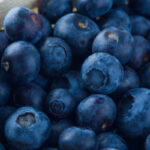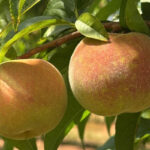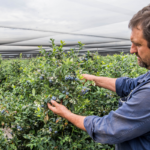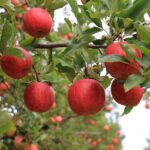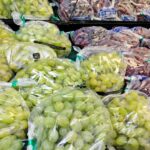SA berry growers press for chemical registration to help exports
South Africa's recently formed berry growers association has listed key pesticide registration as one of its first priorities to address, in a bid to bolster the potential of blueberry, raspberry and blackberry crops. 
South African Berry Producers Association (SABPA) chairman Trevor McKenzie said there were still issues with minor crop registration in terms of GLOBALG.A.P certification and the use of chemicals.
"It's good we have an industry body to address these issues rather than individual producers and exporters getting involved and talking to legislative bodies," he said.
McKenzie said for high volume fruit such as apples, chemical companies made sure research was done and put pressure on legislators to register pesticides.
"But with minor crops such as berries, figs and pomegranates there's not the financial backing. Customers want to know that we are only spraying registered chemicals, it's a tricky topic."
McKenzie said his association would be looking to see how it could speed up the registration process.
He reported estimated crop volumes for this season showed a 40% year-on-year increase with a total of 3,000 metric tons (MT) expected, of which 1,200MT of blueberries and 1,200MT of raspberries would be destined for export.
"Volumes are well up on last year. There's a lot of young plantations coming into production. Our focus for exports will be the U.K. where we have been fairly successful with satisfied customers asking for more blueberries and raspberries."
He added that the industry had also been sending small volumes to Europe and the Far East, but the interest was not quite so good as the U.K. where supermarkets were the main importers.
"I think our export markets will definitely grow. We have a good product and we have varieties and a production system to compete on the export market."
He said while South Africa could not compete with Chile in terms of blueberry quantities, it could compete on quality.
The SABPA, formed under a year ago, will look at marketing, planting, working with government departments, liaising with international berry groups and collecting and sharing information in the industry.
South Africa's blueberry season runs from the end of September to mid-February.

















